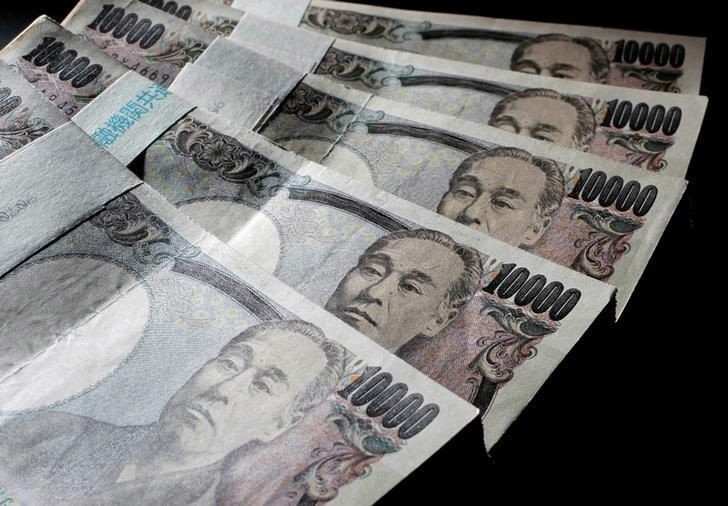
Business
12:23, 08-Aug-2017
Japan's current account surplus expands in first half of 2017

The first half of the year saw Japan's current account surplus expand to the highest level since 2007 as earnings from foreign investments moved further into the black, despite rising energy prices pushing up the overall value of the country's imports, government data showed Tuesday.
The report showed Japan ran a current account surplus for the 36th straight month in June, with the balance standing at 934.6 billion yen.
According to the ministry, the current account surplus in the recording month stood at 934.6 billion yen (8.43 billion US dollars). Within the key components comprising the current account, goods trade booked a surplus of 518.5 billion yen, the ministry added.

Japan logged a current account surplus in June marking the 36th successive month of black ink /AFP Photo
Japan logged a current account surplus in June marking the 36th successive month of black ink /AFP Photo
Japan's trade surplus narrowed 11.7 percent to 2.05 trillion yen amid rising crude oil imports, however, exports of semiconductor equipment and auto parts grew, in a boost to the trade-reliant economy.
Exports gained 10.1 percent to 37.31 trillion yen in value terms, while imports jumped 11.8 percent to 35.25 trillion yen, the Finance Ministry said in a preliminary report.
Japan relies heavily on energy imports, especially since the March 2011 Fukushima nuclear disaster that prompted most of the country's reactors to go offline amid safety concerns among the public.

AFP Photo
AFP Photo
The travel surplus expanded to 790.3 billion yen, the highest on record for the first half of the year time frame, from 727.7 billion yen a year ago, as Japan continued to benefit from a surge in the number of foreign visitors to the country.
The service sector, including passenger transportation and cargo shipping, reported a deficit of 297.4 billion yen.
Japan's current account surplus is one of the broadest measures of its trade with the rest of the world.
The data is keenly eyed by the Bank of Japan and the Finance Ministry ahead of new potential policy changes or monetary easing or tapering measures.
What is Trade Surplus?
A trade surplus is an economic measure of a positive balance of trade, where a country's exports exceed its imports. A trade surplus represents a net inflow of domestic currency from foreign markets and is the opposite of a trade deficit, which represents a net outflow. Balancing international trade is an important economic factor for a country; when a nation has a trade surplus, its exports exceed its imports during a specified period of time.
2107km

SITEMAP
Copyright © 2018 CGTN. Beijing ICP prepared NO.16065310-3
Copyright © 2018 CGTN. Beijing ICP prepared NO.16065310-3